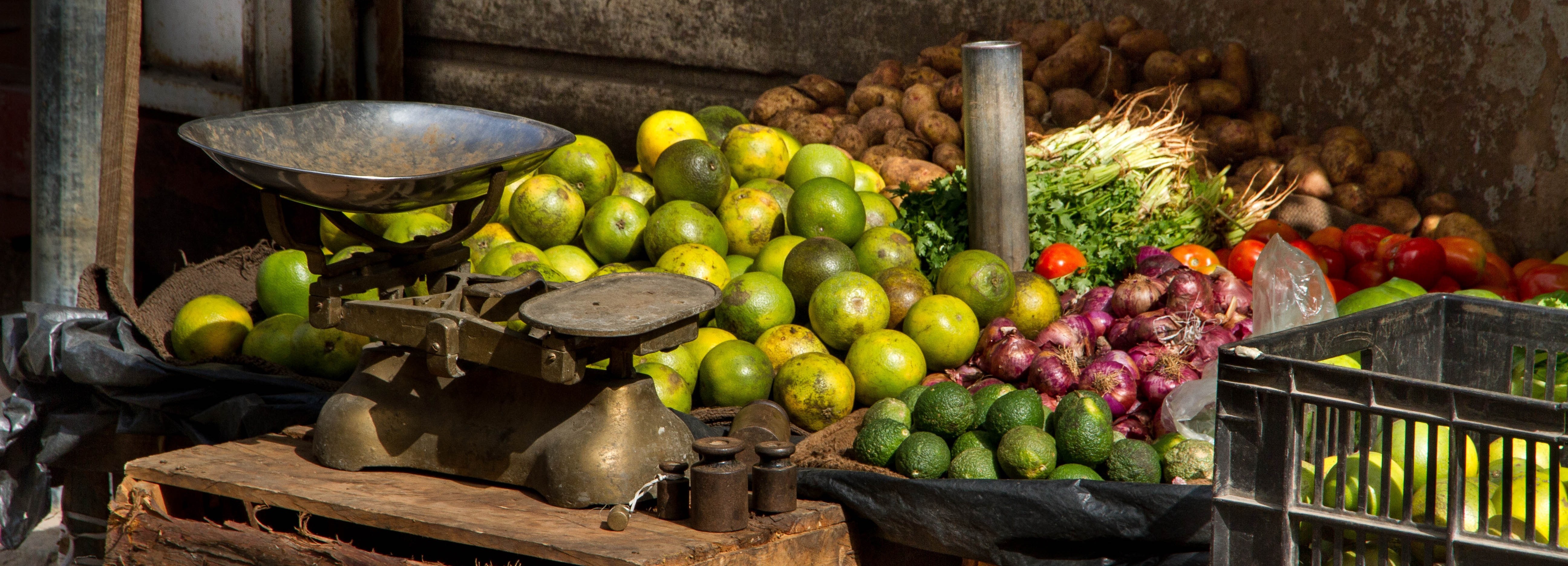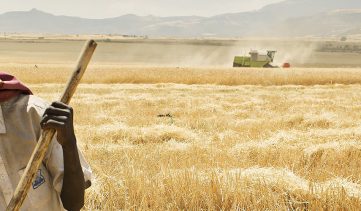
Current global food production could meet human nutrition needs in 2050—if access to the global food supply is significantly improved and populations make radical changes to dietary choices finds a quantitative analysis by researchers at Lancaster University. Required diet changes include replacing most meat and dairy with plant-based alternatives, and greater acceptance of human-edible crops currently fed to animals, especially maize, as directly-consumed human food.
Additional highlights from this week’s Compact2025 News in Brief include:
- Women’s domestic work and cooking time are positively correlated with more diverse diets for them and their children.
- Coating+, a Nigerian biotech startup, won the grand prize of the recent Thought for Food Challenge for its coating that helps extend the shelf life of fresh foods.
- Three in five babies are not breastfed within the first hour of life, putting them at higher risk of death and disease and making them less likely to continue breastfeeding, say UNICEF and WHO in a new report.


